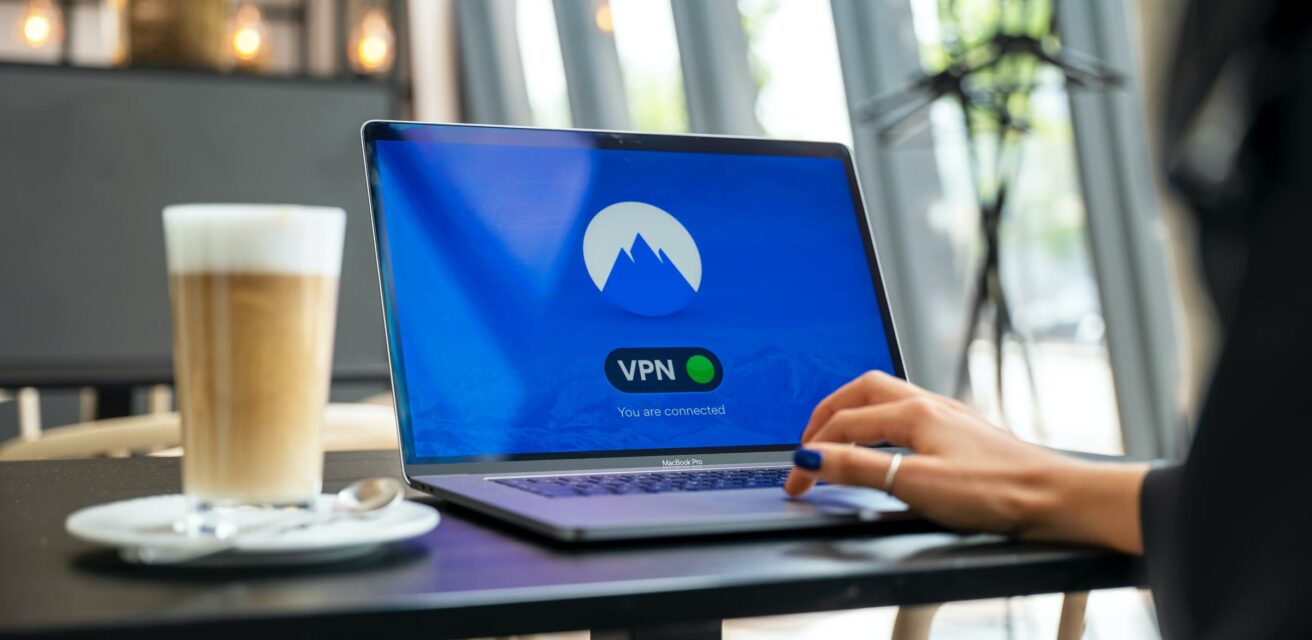
7 Cybersecurity Tips for Freelancers
If you’re a freelance proofreader or editor, it’s important to be prepared for cybersecurity risks.
Protecting yourself, your business, and your online data is more urgent now than ever, as 43% of all cyberattacks occur against small businesses and freelancers. But many freelancers don’t know where to start. That’s why we’ve compiled these seven cybersecurity tips to help you safely conduct your business online:
- Make sure you’re using a secure connection.
- Consider upgrading your antivirus software.
- Update your software regularly.
- Look into VPN options.
- Always save your work.
- Never store data you don’t need.
- Keep your passwords secure.
Read on to find out how to keep your business safe from cyber threats.
1. Always Use a Secure Network Connection
One of the advantages of freelance working is being able to work from anywhere, whether that’s your home office, your local cafe, or by the pool at your favorite resort.
Unfortunately, the problem with working away from your home internet network is that public Wi-Fi hotspots are rarely secure and could leave you vulnerable to cyberattacks or spyware.
So, how do you protect your laptop while enjoying the flexibility of freelancing? Connect your device to your phone’s hotspot!
These hotspots and your mobile data are usually encrypted, meaning your personal and professional information is guaranteed to be safe.
2. Invest in Good Antivirus Software
Most devices now come with antivirus and firewall software. However, this software might not provide all of the services you need as a freelancer.
For this reason, you should shop around for a quality antivirus product that includes features such as:
- Advanced malware detection: Malware is one of the most common cybersecurity threats faced by freelancers, so make sure you choose antivirus software that can immediately detect and block malware.
- Low RAM usage: As a freelancer, you rely on your device to get your work done, so you don’t want it running slowly due to antivirus software that takes up a lot of space.
- Email filtering: If you communicate with clients primarily by email, this feature will help filter out legitimate communications from phishing scams and spam.
- 24/7 customer support: If you have a problem with your antivirus software, you’ll want it fixed as soon as possible so you can continue your work. Having access to customer support will speed up this process.
And remember, it’s not just your laptop or computer that needs protecting; you should equip your phone and tablet with antivirus software too. Luckily, most antivirus providers offer packages that will cover all your devices!
3. Keep Your Software Updated
Once you’ve purchased and installed your chosen antivirus software, you need to keep it up to date.
If your antivirus software falls behind on updates, it may miss vital bug fixes and new features, leaving your device vulnerable to an attack.
Some software will automatically update, but in cases where it doesn’t, make sure to check for updates regularly. You can do this by:
- Checking your device’s system settings
- Visiting the software’s control panel or site
4. Look into Getting a VPN
A VPN, or Virtual Private Network, is a service that enables you to access the internet through a private, encrypted connection.
This means that your location, personal details, and IP address are hidden, keeping you safe from hackers and malicious software while you work.
VPNs also offer multiple other benefits to freelancers, including:
- Faster internet connections
- Secure file sharing
- Access to sites (such as news or social media) that may be blocked in some countries
There are many different VPNs out there, from free services such as Proton VPN to subscription-based VPNs like ExpressVPN. Take the time to find one that suits your needs as a freelancer.
5. Back Up Your Work Regularly
If you do experience a cyberattack, having your documents and applications backed up will allow you to get back to work quickly and easily.
To keep your work as safe as possible, follow the 3-2-1 backup method. This method consists of having:
- Three copies of a document
- Stored in two different locations
- With at least one external backup (usually an encrypted file stored in the cloud)
It can also help to have a backup device ready to go with all your essential files and programs, in case your primary device is taken out of commission by a computer disaster.
6. Only Collect the Data You Need
Thanks to the General Data Protection Regulation (GDPR), as a freelancer, you’re responsible for the protection of your clients’ data. This means that, in addition to losing your clients’ trust, you may be liable to paying a fine if a data breach occurs.
To minimize the risk of this happening, then, you should collect only the information you need – the more data you collect, the bigger a target that data becomes for criminals.
In terms of GDPR, personal data can include:
- Name
- Address
- IP address
- Other contact details
- Financial details
So, when you collect your clients’ data, try to limit it to only the most necessary items on this list (such as an email address for contact purposes).
7. Create a Strong Password
You’ve probably seen it a hundred times: that annoying little message saying your password isn’t strong enough. But the truth is, if you’re a freelancer who uses multiple accounts, programs, and services, using strong passwords is essential to protecting your business.
While there are many tips out there for creating strong passwords manually (like the familiar “at least 10 characters, at least one number, and at least one uppercase letter” rules), it’s generally safer to use a password manager.
A password manager is a system or application that randomly generates complex passwords and remembers them for you, which you then access using a single master password. Examples of popular password managers include 1Password and Dashlane.
Finally, don’t use the same password for multiple logins. If just one of the applications you use experiences a data breach, all your other accounts become vulnerable!
Becoming a Proofreader or Editor
With your cybersecurity concerns taken care of, you can focus on your work as a freelance editor.
Our Becoming A Proofreader and Becoming An Editor courses will equip you with the skills you need to flourish as a freelancer. Save 15% and buy both as a bundle, or try them out for free!



Leave a Comment
Your email address will not be published.